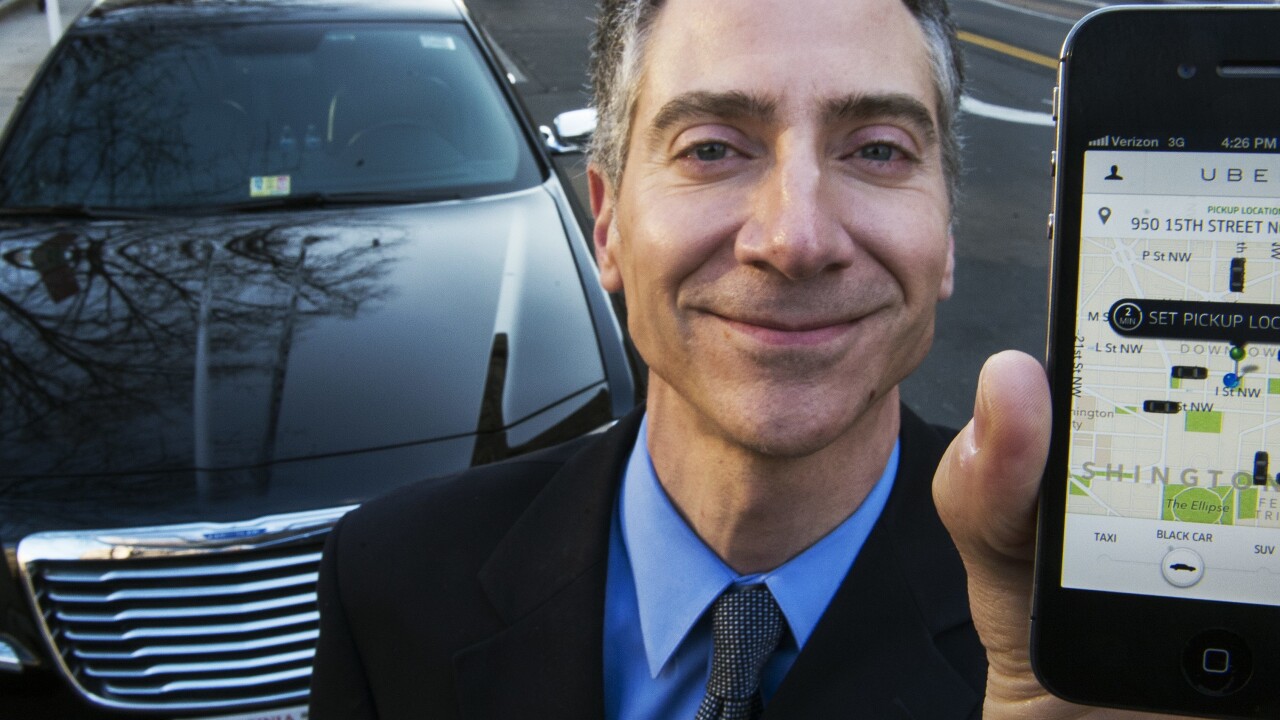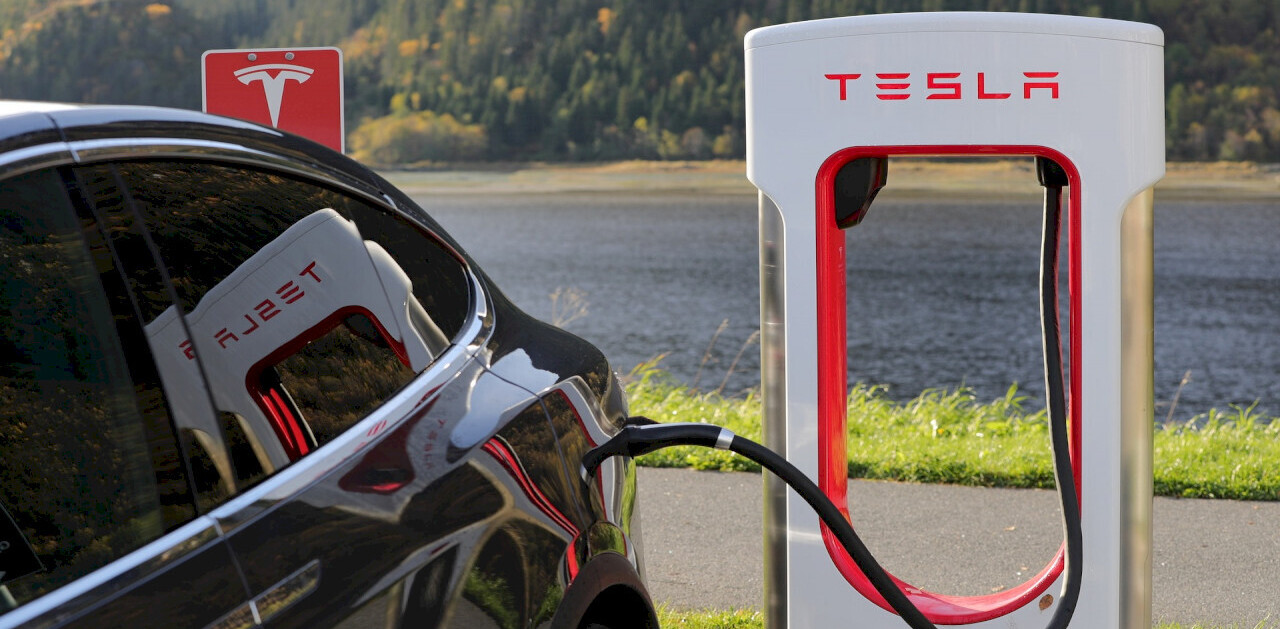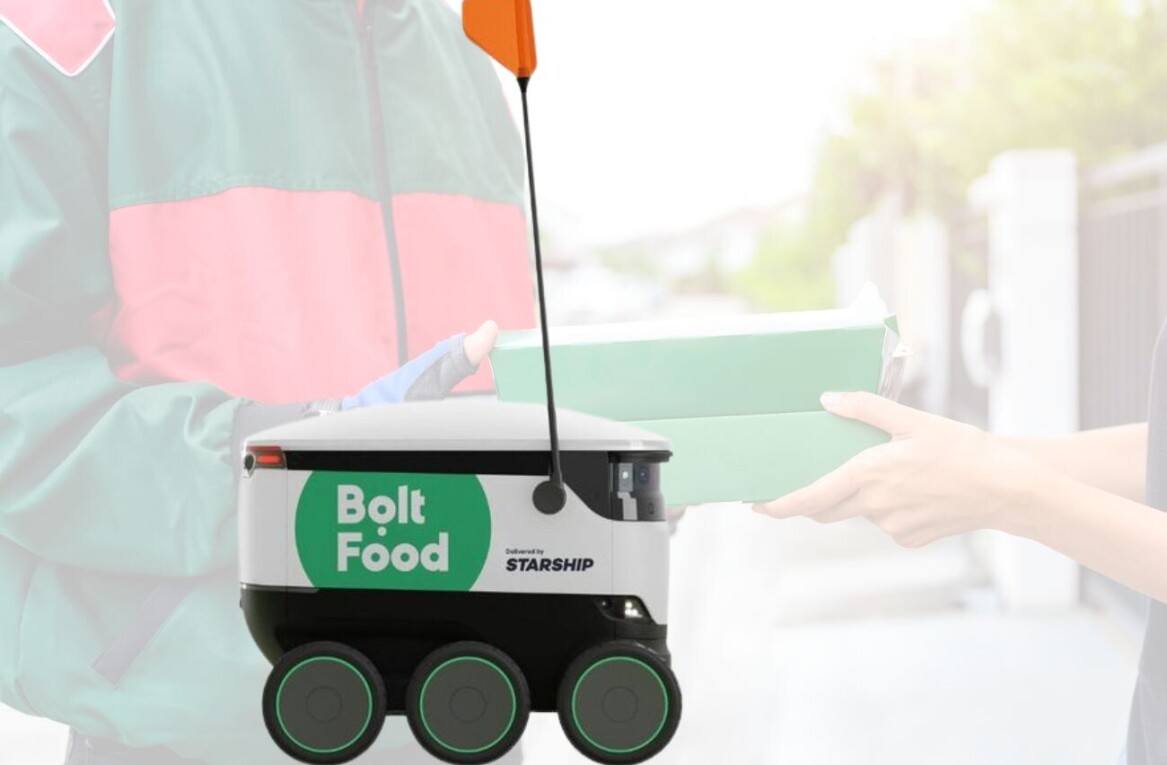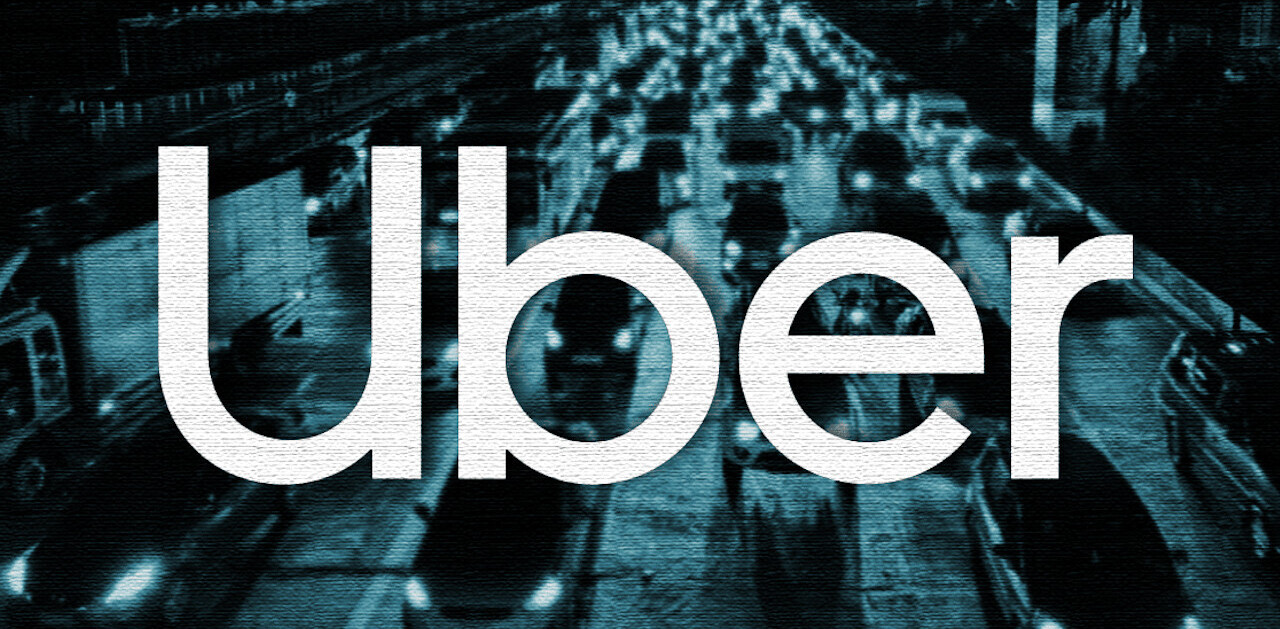
With just over two weeks before a planned protest by London taxi drivers, Uber has issued a statement defending the way its private car service is operated in the capital.
“London cabbies are iconic – arguably the best taxis in the world,” Jo Bertram, General Manager for Uber in London said. “However, there is room for all and there is room for more and better. We are bringing competition to an industry that hasn’t evolved in years.”
The London Taxi Drivers Association (LTDA) has taken issue with the way Uber calculates its fares. The company is licensed as a private hire operator in the UK which, unlike the taxi industry, means they’re banned from using meters.
Uber negotiates passenger payments through its smartphone app, but, in addition to the hardware used inside the vehicle, there’s confusion around whether the set up should be classified as a ‘meter’.
“The driver uses a specific device,” Steve McNamara, general secretary of the LTDA said in a recent interview. “It’s not an app on a smartphone. It’s a specific device that’s programmed to be a meter.”
Transport for London (TfL) has already published fresh guidance around the use of smartphone apps by private hire operators such as Uber. “Smartphones used by private hire drivers – which act as GPS tracking devices to measure journey distances and relay information so that fares can be calculated remotely from the vehicle – do not constitute the equipping of a vehicle with a taxi meter.”
The LTDA also argues that all of Uber’s drivers should be licensed – not just the company itself. In an interview with Wired, McNamara compared the situation to buying a saucepan with PayPal. Customers are buying the product from a seller, rather than PayPal, and the LTDA believes the same should apply for new Uber bookings. “The guy taking the booking is the operator and so needs a licence and a licensed operating centre which can’t be a car,” McNamara added.
In today’s response, Uber clarified its position: “As a licensed operator, Uber London accepts the bookings and manages the dispatch of drivers through its dispatch system, monitored and controlled by our local operations team here in London.” It then proceeded to explain the various safety features built into the app, in a bid to reassure passengers about its drivers.
“All drivers are thoroughly screened, carry full commercial insurance, and at the end of every trip, a rider anonymously rates his/her driver, to help maintain and improve the Uber experience,” Bertram argued.
Rival service Hailo was recently targeted by London protestors, following backlash against Uber in France and Belgium. Details of the demonstration in June are scarce, but it could put further pressure on TfL to clarify the regulations around services such as Uber, and in doing so threaten the way it operates.
➤ Uber [Blog Post]
Featured image credit: PAUL J. RICHARDS/AFP/Getty Images
Get the TNW newsletter
Get the most important tech news in your inbox each week.





